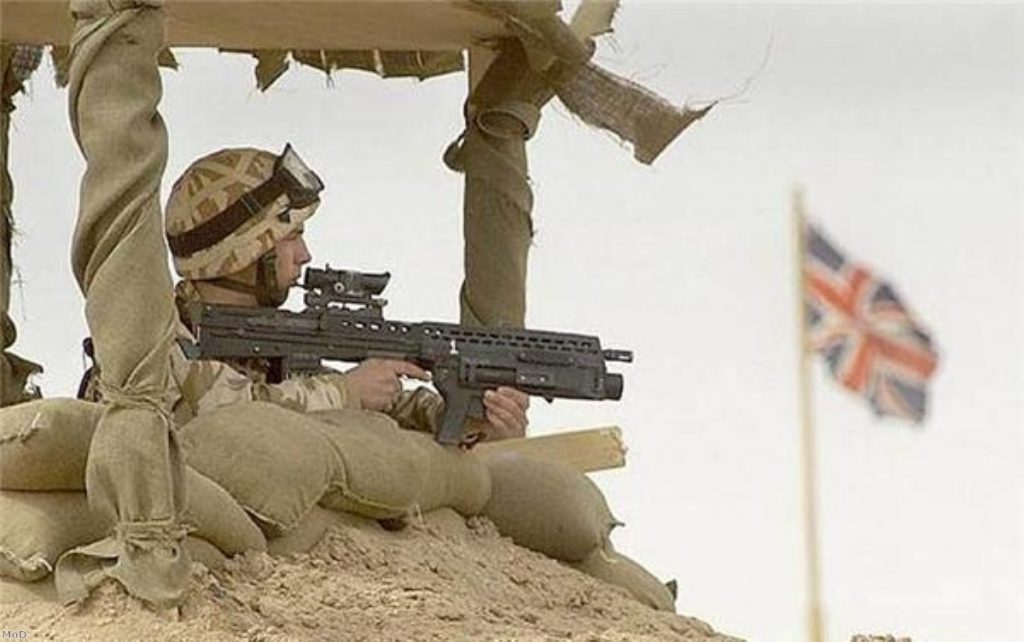800 more troops to southern Afghanistan
An extra 800 British troops are to be sent to southern Afghanistan, defence secretary Des Browne has announced.
They will be sent as reinforcements to the UN-led international force in the region, and take the total number of British troops there to 5,800 by the summer, out of 6,300 in the country overall.
However, at the same time there will be a reduction of troops in the capital, Kabul, as Britain hands over command of the International Security Assistance Force (Isaf) to the United States on February 4th.
The number of British troops there will be cut in half to about 500, including 140 personnel at the Isaf headquarters. As a result, the extra deployment should only see an extra 300 British forces in Afghanistan as a whole.


In the southern province of Helmand, British and coalition troops are charged with extending the authority of the Kabul government, improving security and helping reconstruction.
But this work has led them into conflict with local drug lords and the Taliban, and a total of 46 British servicemen have been killed since operations began in Afghanistan in October 2001 – two of them in the past fortnight.
The government has been trying to get Nato allies to contribute more troops to Afghanistan, where the majority are American, British or Canadian, and particularly to the south where the fighting is most intense.
In the Commons today, shadow defence secretary Liam Fox said there were “serious questions” about why the British army was shouldering more of the burden, asking: “Where are our Nato allies?
“This is simply not an acceptable long term position. It is absolutely outrageous that when we have the concept of shared security we don’t have properly shared risk.”
In a written statement to MPs setting out the new deployments, Mr Browne said: “All military operations are subject to regular review.
“Work on the balance of Nato’s commitment in Afghanistan is underway and I intend to discuss this with my Nato colleagues when we next meet on 8-9 February. I shall keep the House informed of progress and any implications for the UK’s own force structures.”









